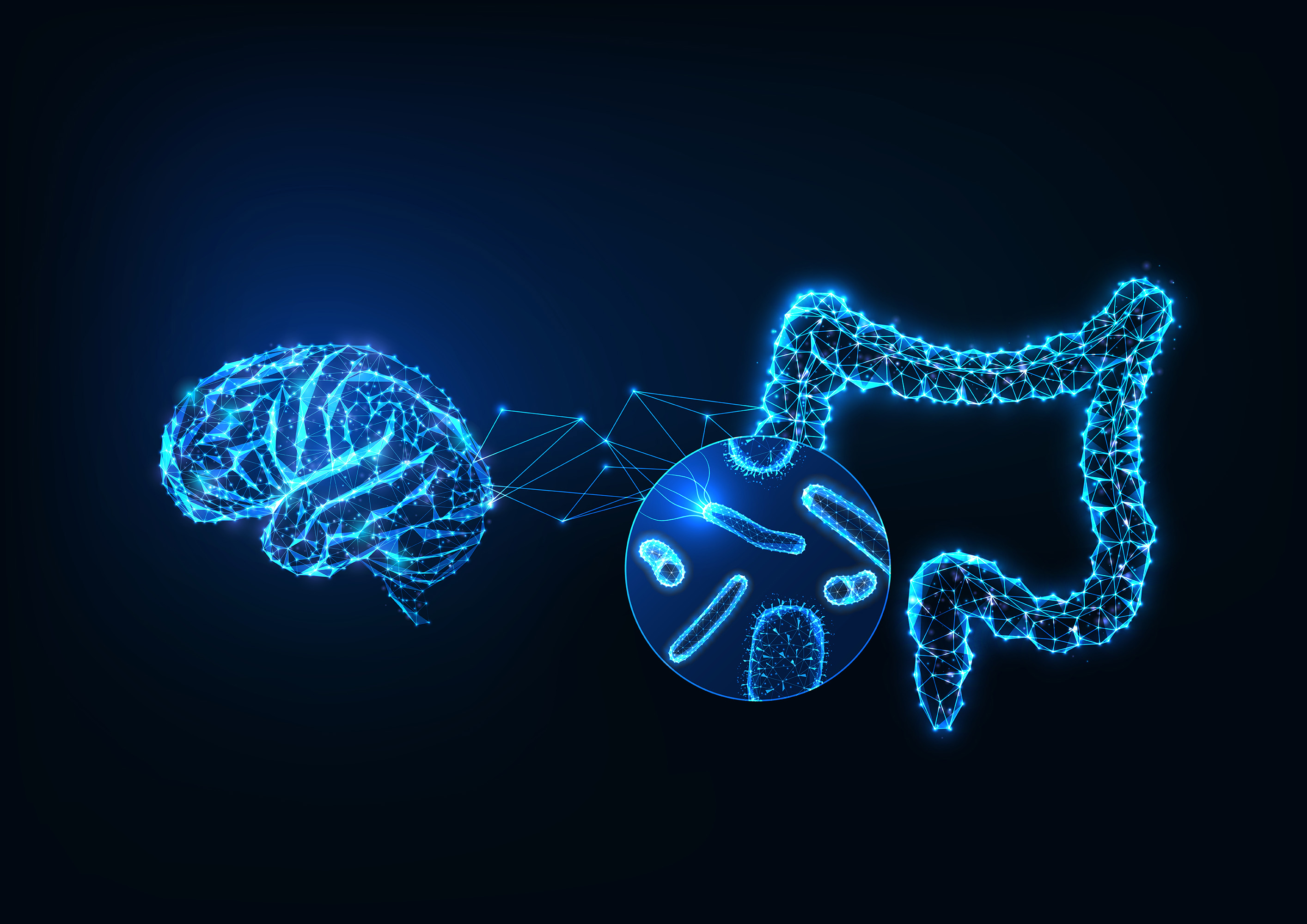Mission: Decoding the microbiome for brain health and longevity
The Computational Microbiome & Brain Health group focuses on developing state-of-the-art computational methods to understand how the gut microbiome influences brain function and overall health. Special emphasis is placed on the dynamics of aging and chronic disease.
Research centers on the microbiome-gut-brain axis, aiming to transform complex biological data into actionable insights for personalized nutrition, preventive healthcare, and digital health innovation. The team uses advanced algorithms and systems biology approaches to integrate multi-omics datasets with dietary and clinical information.
Research priorities:
- Gut-brain communication and neurocognitive health
- Microbiome-based biomarkers for healthy aging and longevity
- Computational pipelines for multi-omics data integration
- Personalized nutrition and microbiota-targeted interventions
- Translational research at the intersection of data science and medicine
The group collaborates with national and international partners from academia and industry, including the University of Bonn, to develop data-driven solutions that promote brain health and support well-being throughout the lifespan.
